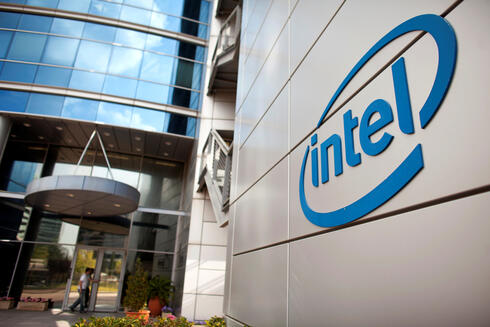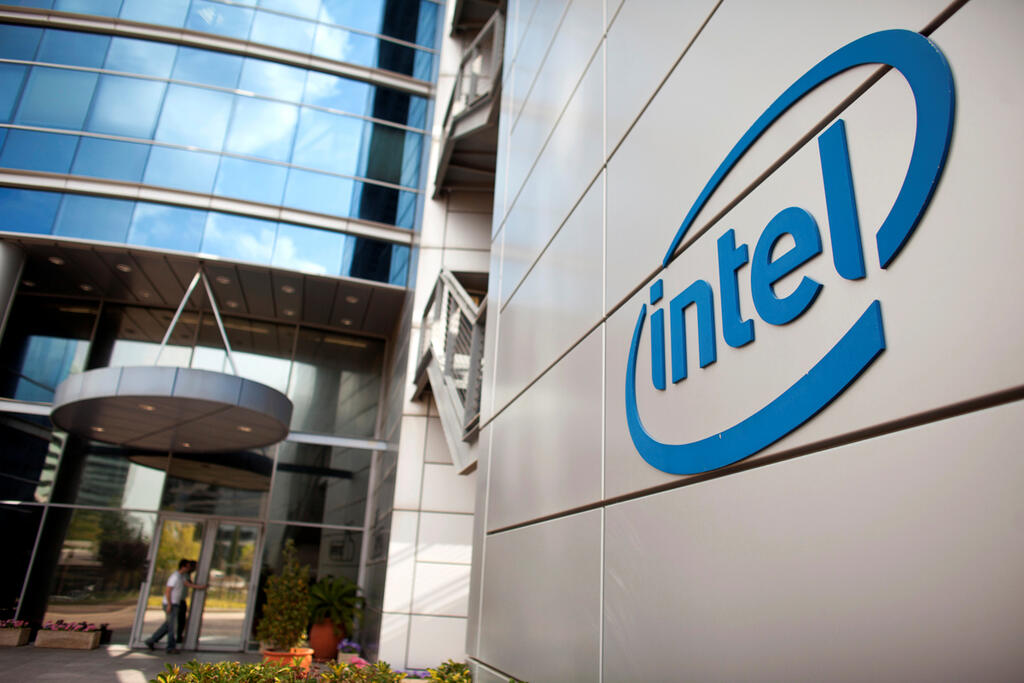
Intel shares soar on AI and foundry ambitions—but can it deliver?
Hopes for policy support and a TSMC partnership lift Intel, but challenges remain.
Intel's shares have soared over 20% in the past three days, a rare rally for the beleaguered chipmaker that hasn't been seen since 2001. The surge was triggered by a combination of political tailwinds, speculation over a potential strategic shift, and renewed investor optimism about Intel's role in the future of American semiconductor manufacturing. However, whether this momentum can be sustained remains an open question.
Political momentum boosts Intel’s prospects
The most immediate catalyst for Intel’s stock jump came from comments by U.S. Vice President JD Vance at the AI Summit in Paris. Vance reaffirmed the Trump administration’s commitment to ensuring that America’s most powerful AI systems are built using domestically designed and manufactured chips. His remarks fueled speculation that Intel—America’s only major advanced semiconductor foundry—could benefit from further policy support or protectionist measures.
Yet, the specifics remain unclear. Former President Donald Trump has previously criticized the CHIPS Act, a program designed to strengthen U.S. chip production, and instead floated tariffs as a means to drive manufacturing back to American soil. Such an approach could create opportunities for Intel but also risks unintended consequences, particularly given its reliance on Taiwan Semiconductor Manufacturing Company (TSMC) for its most advanced AI chips.
Speculation over a potential TSMC partnership
Further fueling Intel’s rally was renewed speculation about a possible strategic collaboration with TSMC. According to reports from investment banker R.W. Baird, discussions in Asia’s supply chain suggest Intel could spin off its semiconductor fabrication unit into a joint venture with the Taiwanese giant. The proposed arrangement would see TSMC contribute engineering expertise and manufacturing capabilities to Intel’s U.S.-based production, potentially accelerating its lagging foundry ambitions.
While such a deal could help Intel regain competitiveness in leading-edge chip production, it would also be an admission of the company’s struggles. Intel has fallen behind TSMC in advanced process nodes, and despite its push to become a contract manufacturer under its "IDM 2.0" strategy, it continues to face operational challenges. Investors appear to be betting that collaboration with TSMC could provide much-needed technological and financial support.
Can the rally be sustained?
Despite the recent gains, Intel remains in a precarious position. The company’s stock is still down more than 50% from last year, and its foundry business continues to be a major financial drag. In January, Intel reported its third consecutive year-over-year revenue decline, and it does not expect to be profitable on a GAAP basis until 2026. The departure of its AI chief to become CEO of Nokia further underscores concerns about internal instability.
Investor enthusiasm over potential policy support and strategic partnerships is understandable, but Intel’s long-term turnaround remains far from certain. The company's ability to execute on its manufacturing roadmap, secure sustainable government backing, and navigate geopolitical uncertainties will determine whether this rally is the start of a genuine recovery—or just another short-lived spike in a volatile stock.














